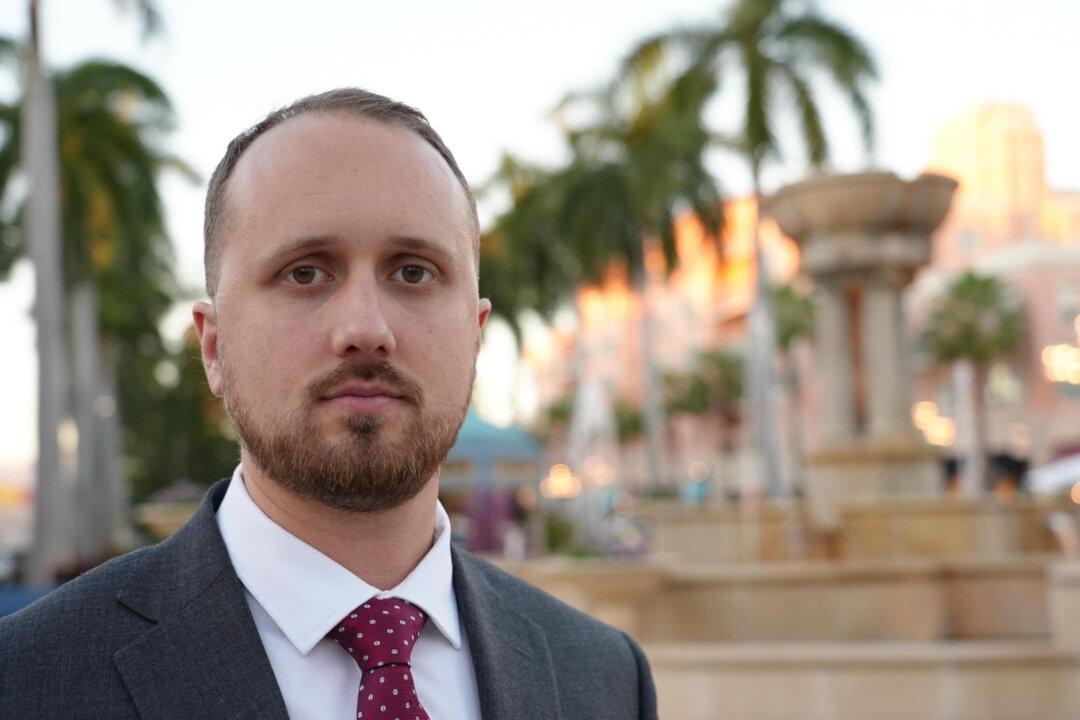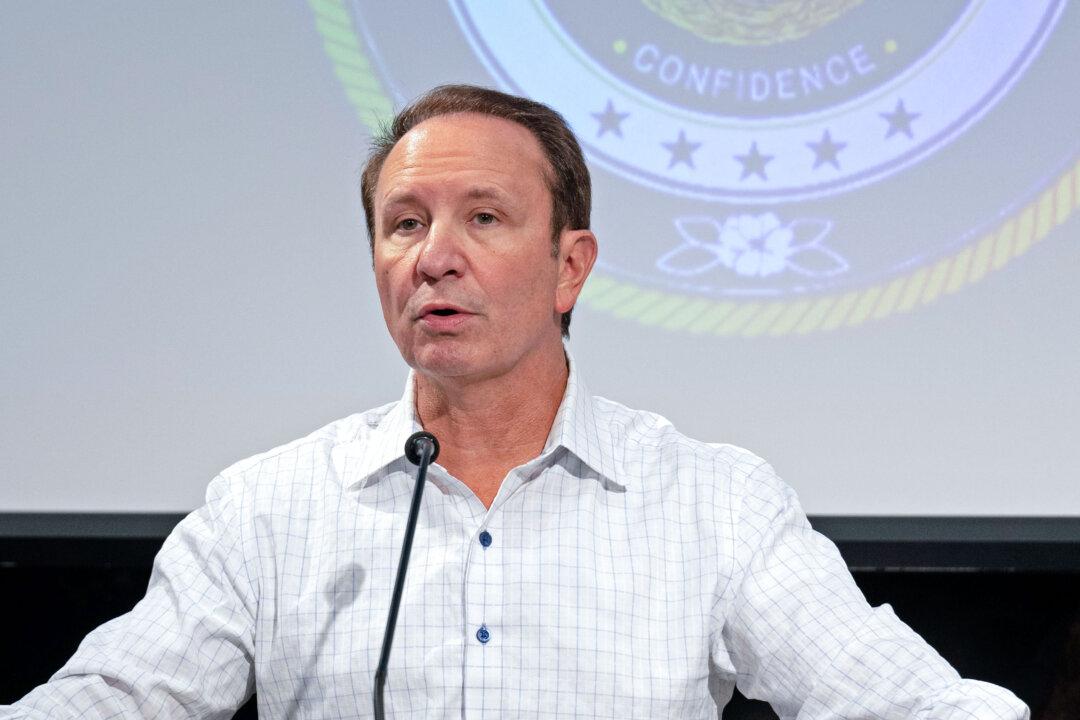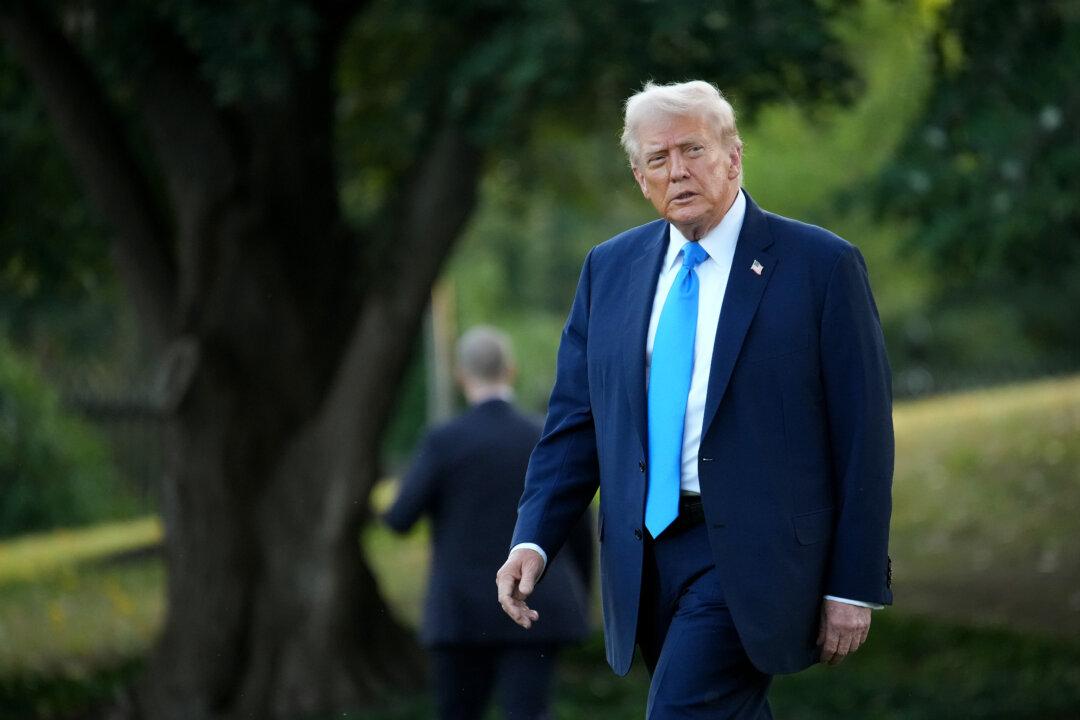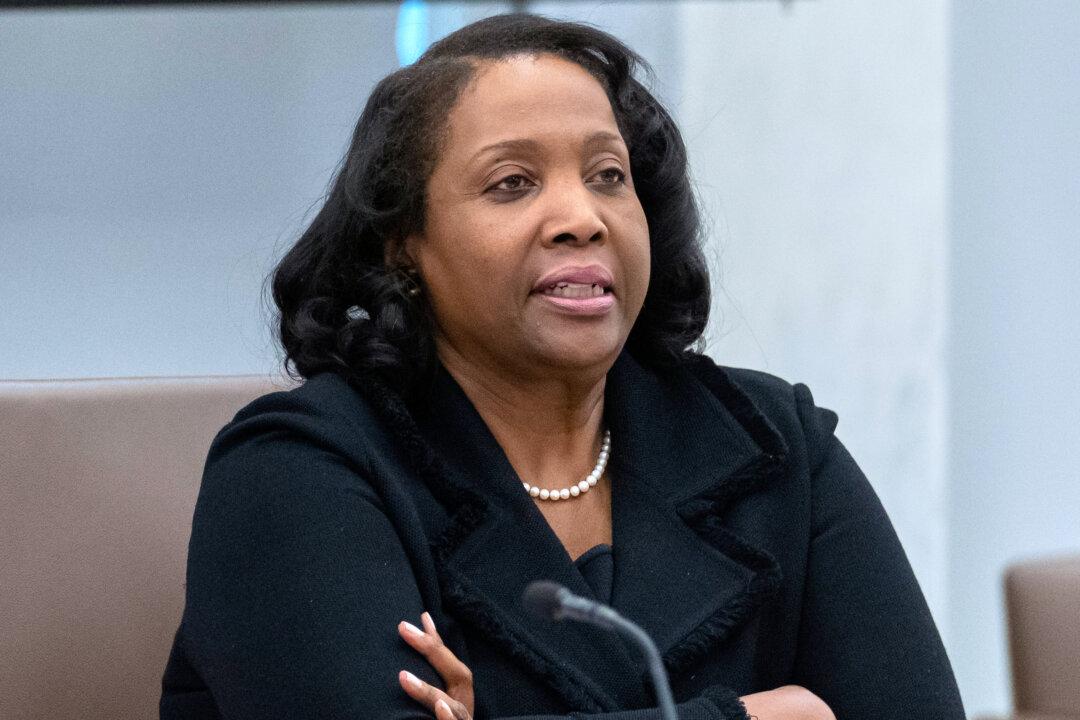A New York federal appeals court on Monday ruled that a man who was found guilty of a conspiracy charge for posting allegedly fraudulent pictures about the Hillary Clinton campaign in the 2016 presidential election can delay his custody term as he appeals his case.
Douglass Mackey posted on the web what prosecutors allege were pictures intended to interfere with the 2016 presidential election in favor of then-candidate Donald Trump and was later convicted of a charge of conspiracy against the right to vote in March. After U.S. District Judge Ann M. Donnelly sentenced him to seven months of custody in August, Mr. Mackey appealed the case to the U.S. Court of Appeals for the Second Circuit.





